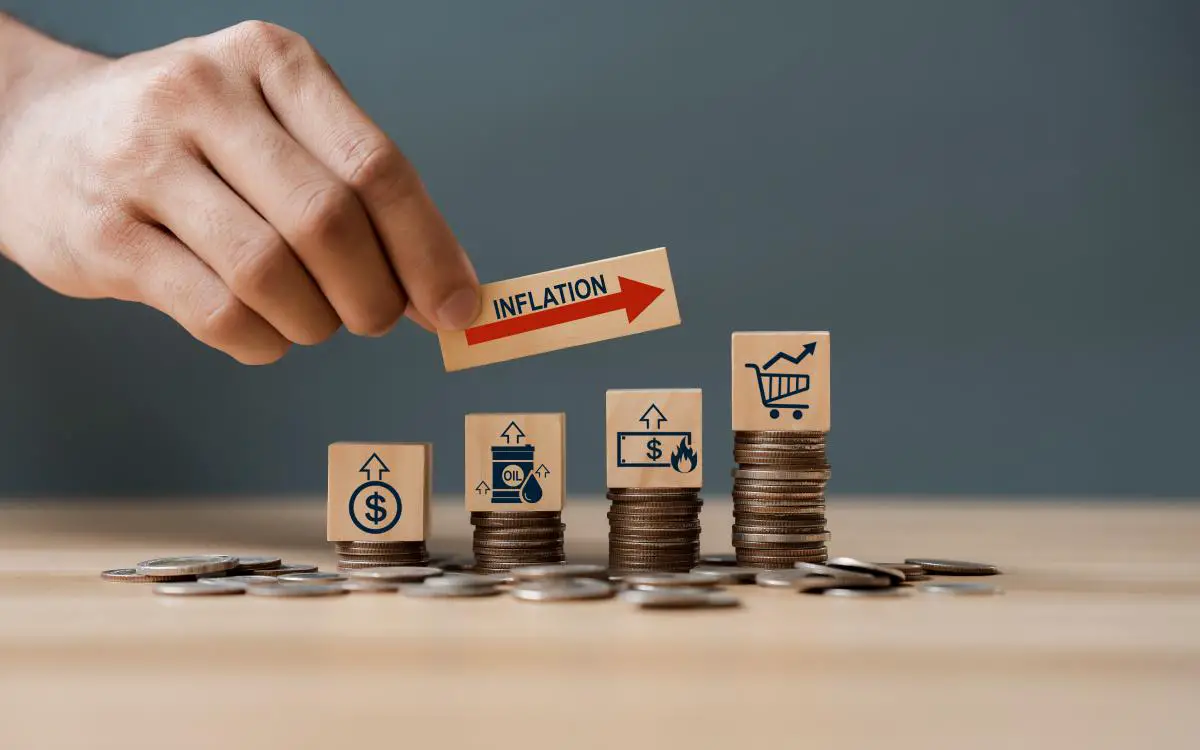“Money may make the world go round, but inflation can make it spin out of control. In the realm of economics, inflation plays a crucial role in shaping our financial landscape, affecting everything from the cost of goods to the stability of economies. With its complex web of causes and consequences, understanding inflation is vital for navigating the ever-changing financial landscape. In this illuminating exploration, we unveil 10 intriguing facts about inflation, shedding light on its impact, historical milestones, and the intricate dance between money and value. Get ready to dive into the world of rising prices as we unravel the mysteries of inflation and its far-reaching implications on our wallets and beyond.”
1-10 Interesting Facts About Inflation

- During the Civil War, the Confederate dollar experienced a staggering inflation rate of 9,000%.
- When Disneyland opened in 1955, the cost of admission was $1, which would be equivalent to $11 adjusted for inflation in 2022.
- Zimbabwe became the first country to experience hyperinflation in the 21st century. In 2008, a loaf of bread cost 1.6 trillion Zimbabwe dollars, with officials blaming rising global food prices and international sanctions.
- Zimbabwe’s hyperinflation was so mind-boggling that even the World Bank couldn’t keep up. In November 2008, they threw in the towel and stopped tracking the inflation rate when it reached an eye-popping 79.6 billion percent. A year later, Zimbabwe decided to bid farewell to their currency altogether. The exchange rate at that time was a mind-numbing $35 quadrillion Zimbabwean dollars to just $1 USD.
- Over the last decade, the US dollar has lost 21% of its purchasing power.
- College textbook prices have risen by 1,041% since 1977, which is more than three times the rate of inflation as a whole.
- The direct cost of the Civil War was approximately $6.7 billion in 1860, equivalent to $139 billion today. Indirect costs, such as the disruption of the economy, could be estimated at around $46 trillion in current money by some economic historians.
- Germany experienced hyperinflation in 1920, leading to social unrest. The German currency, the Mark, became cheaper than firewood. Hitler blamed the Jews for inflation, contributing to the rise of anti-Semitic sentiment.
- War and inflation have often been observed to go hand-in-hand, with high inflation accompanying wars throughout the last century.
- Hungary had post-World War II hyperinflation, with a record monthly inflation increase of 41,900,000,000,000,000% in July 1946. Prices doubled every 13.5 hours during that period.
- When inflation is controlled, it can have positive effects on the economy, such as stimulating economic growth, mitigating recessions, generating profits for businesses, increasing wages for workers, and reducing the real amount of debt.
That’s it for this post guys, I hope you had fun while reading 10 Shocking Inflation facts
Read More:
10 Spine Chilling Facts About Spanish Flu That You Need To Know


